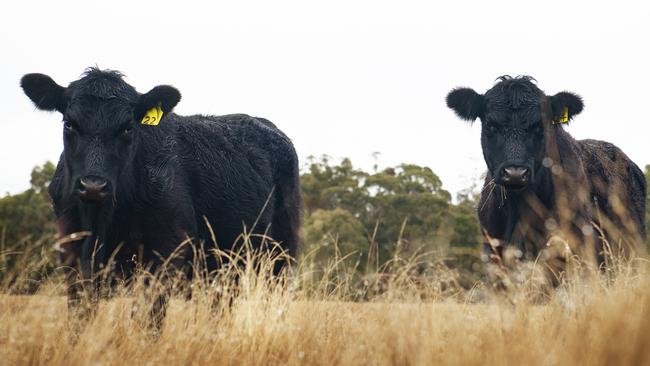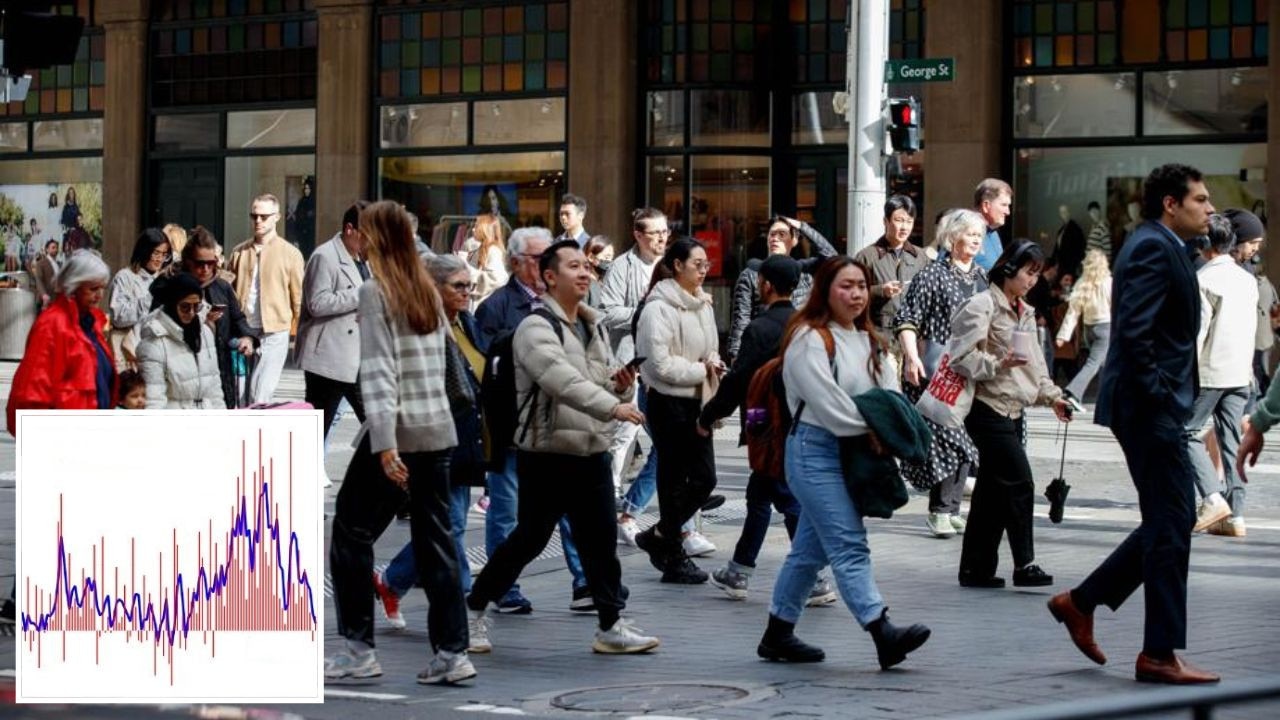Meat tax: How the UN plans to tackle climate change
Proposals by the United Nations to stop people eating red meat to fight climate change have been labelled a disgrace.

National
Don't miss out on the headlines from National. Followed categories will be added to My News.
A United Nations summit has drawn the ire of the livestock industry for proposals aimed at stopping people eating red meat, including meat taxes and ceasing livestock production.
But a marketing expert has warned the livestock industry not to be too harsh in their retort, for fear of disenfranchising potential customers already on the fence about eating red meat.
The UN Food Systems pre-summit, which took place in Rome and online last week, tabled proposals aimed at contributing to healthy, sustainable food systems.
The summit will take place in September this year.
Suggestions for a “transition towards diets which are healthier, safer and more nature positive” include “a reduction of excessive consumption of animal-sourced foods, especially red meat”.
A tax on factory-farmed meat, with revenue to offset “healthy, sustainable foods” is also proposed by the summit.
National Farmers Federation chief executive Tony Mahar labelled the proposals as “extreme nonsensical positions peddled by fringe groups”.
“The summit seems dogged in its efforts to make livestock production the scapegoat for the globe’s climate change challenges and to drive a reduction in meat consumption,” Mr Mahar said.
Red Meat Advisory Council chair John McKillop said a “global network of anti-livestock and anti-meat activists” had hijacked the forum.
“It is a disgrace that the UN has chosen to provide a platform for extremists proposals to end livestock production and prevent consumers from eating meat,” Mr McKillop said.
“Australia’s red meat and livestock industry has done more to reduce emissions and foster environmental stewardship than any other sector in the nation.”
Deakin University senior marketing lecturer Paul Harrison said extreme messaging on both sides of the debate could dissuade customers from buying meat or alternative-protein products.
“It creates an us-or-them mentality, which makes people retreat back to their stance (on red meat),” Dr Harrison said.
“Using forceful, aggressive language makes people feel more uncomfortable.”
Dr Harrison said with a changing consumer appetite for meat in Australia, the livestock industry needed to be innovative.
“Focus on … what makes you great as opposed to making enemies,” Dr Harrison said.
“How do we take what we have, make it special, and repackage for a market wanting to eat a little less red meat each week?
“I think getting angry … all it does it delineates even more the gap between people who are sitting on the fence when it comes to red meat.”
MORE
BANK ACCUSED OF BREAKING RULES OVER MEAT BOYCOTT
$225,000 FOR ANGUS BULL A ‘CHEAP INVESTMENT’
Originally published as Meat tax: How the UN plans to tackle climate change



